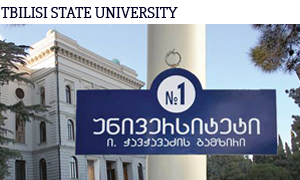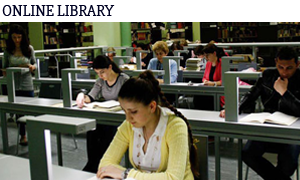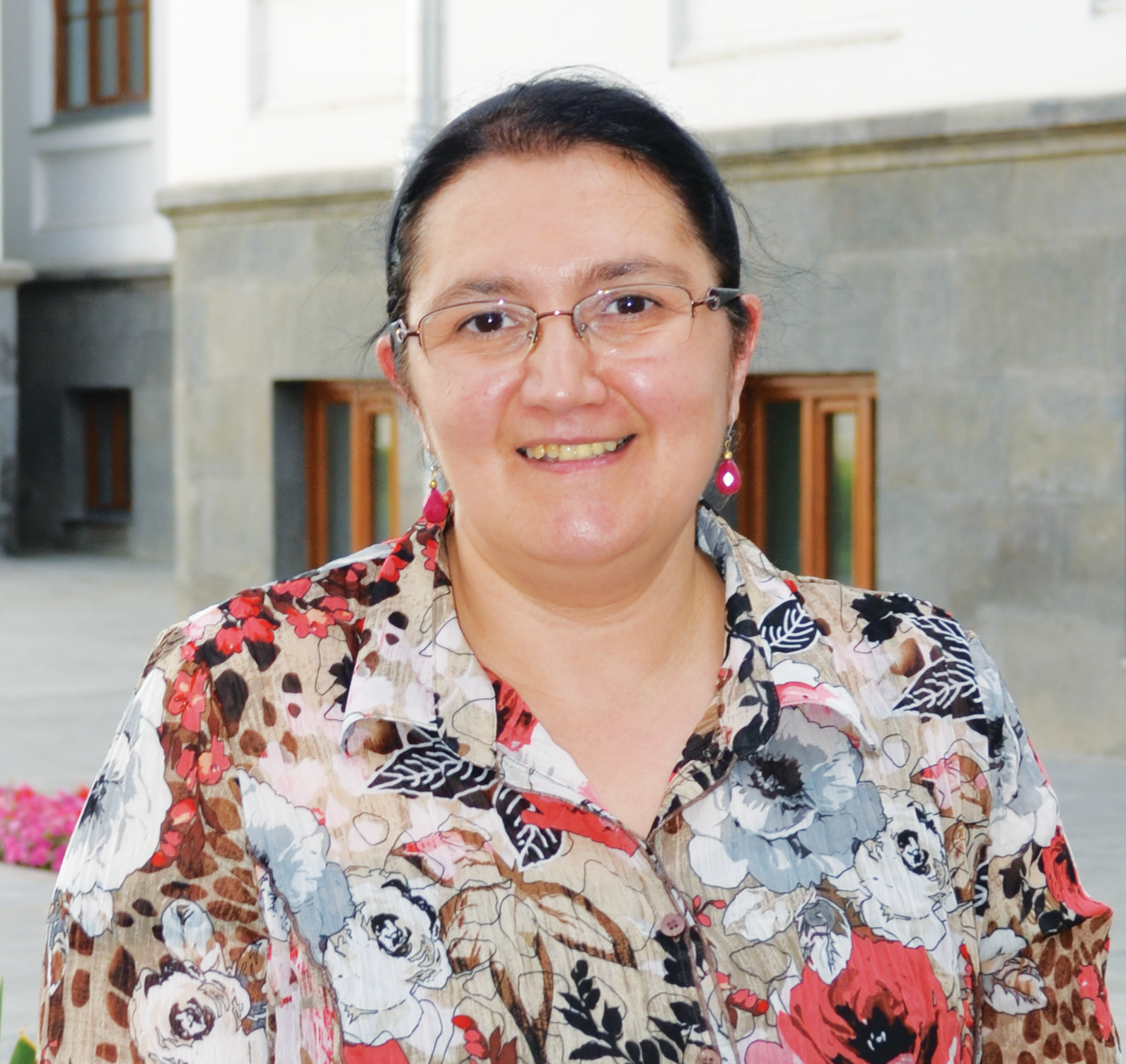
FACULTY OF HUMANITIES
“The more research is carried out in the field of religion and secularism, the more questions are raised’’
Before the late Middle Ages, religion was an integral part of the state, then a process of separation began, and by the 20th century--an era of globalization and technical development--these two phenomena have become completely separated from each other in Western countries. Despite the assumption that globalization and technical development would phase out religion, however, the opposite happened. The more research is carried out on the relationship of religion and secularism, the more questions are raised.
“Anthropological Approaches to Religion and Secularism’’ was the first research study in post-Soviet countries to discuss religion and secularism from an anthropological point of view. The study took place between June 2010 and June 2013 at Tbilisi State University with the collaboration of the Association of Anthropologists of Georgia, which was in charge of organizational and financial issues. Along with Professor Ketevan Khutsishvili at the TSU Faculty of Humanities, the project supervisors included John Shoeberlein, Davis Center at Harvard University; and Mary Lou, Aarhus University, Denmark; Marine Chitashvili, Lia Tsuladze, Medea Badashvili; as well as TSU PhD students Tea Kamushadze and Ekaterine Diasamidze. Approximately 30 scientists took part in the project from universities in the United States, Hungary, Canada, Russia, The Netherlands, Ukraine, Armenia, Switzerland, Norway, Kyrgyzstan, Kazakhstan and Uzbekistan. The project was implemented with financial support from the Higher Education Support Program of the Open Society Institute (Budapest).


The study consisted of two components: research and educational. The research consisted of fieldwork and scientific reporting, including publications, while the educational component covered the development of lectures, syllabuses and tuition.
Professor Khutishvili stated that “On one hand, religion was discussed quite positively before, as part of unified national culture, while on the other hand, it was seen as a type of resistance to rationalism and modernization. The aim of this project was to address such unilateral approaches and to discuss systems, social processes and experiences connected with religion and secularism from an anthropological viewpoint and to make an anthropological analysis of post-Soviet space related to these processes.”
Secularism is the separation of religion and state. It also implies separating religion from certain other spheres of life. Anthropological research provides explanations and permits the analysis of cultures and societies. An anthropologist studies society and culture in two ways: emic (from the inside)—or looking at culture from within the society--and etic (from the outside)—or studying culture from the “outside looking in”.
Definitions created within a specific environment according to its historical events and “local knowledge” is an emic approach. Taking the Georgian “supra” (a feast prepared for special occasions) as an example, part of Georgian society sees the it as a useless and old-fashioned tradition, while for those “inside” who practice the supra, this type of meal is very important. Thus the attitude of those “outside” is “etic” and the perception of those who respect the traditions of the supra is “emic”. An emic discussion of the supra by Georgians who find purposes for the supra in their lives today would focus on its importance and meaning, and it is undeniable that it still serves important functions as it has survived better than certain other traditions. An etic discussion might describe actions and behavior accurately, but without addressing the meanings behind them.
Indeed, Professor Khutishvili points out a second example. When the BBC recently aired a show on how Georgians celebrate the day after Easter, some Georgians reacted negatively, which was somewhat surprising, as the BBC journalist had described the “objective” situation. However, this etic description meant that some scenes appeared inappropriately represented since there was no functional explanation of what was happening. For Georgians, these traditions are associated with their religion and their worldview. These rites are not only Christian, but include aspects of pre-Christian religion and culture that are ways of integrating the deceased into a family’s everyday life.
The anthropological study of religion and secularism has not been carried out in post-Soviet countries, and this poses a risk that polarization of the subject occurs, leading to emotional and non-scientific analyses. When there are no objective materials about an issue, it is discussed emotionally and evaluation is limited to such phrases as “It’s good”, “It’s bad”, “It’s evil”, etc This polarization means that an issue gets evaluated into one direction only, usually the direction considered as a cornerstone of the issue. For instance, Marxism used similar types of analysis: “Religion is the opium of the people’’. Today, some politicians have similar approaches: “Orthodoxy stands in the way of development.” It is vitally important to analyze the approaches and details in each context and identify those that support or impede the functioning of the system.
The conclusions of the research reveal the reliability and importance of the anthropological approach in humanities and social research. Through the syntheses of both common and new approaches, scholars can encourage the development of alternative approaches to religion and secularism through research on the issues.
Belief systems and concepts were discussed in the light of codified systems of moral boundaries and worldviews, as well as according to practices and life experience. Scholars critically discussed the homogeneity of systems of others’ and their own beliefs, as well as specific factors that have a serious influence in the modern context. This is especially salient to the post-Soviet space and concepts like universal values; demystification and resistance to knowledge; religion and national identity; etc. The issue of religion has become especially topical in this region where there was a serious switch in values after the Soviet system disappeared, then was followed by a transition period when there was a process of redefining identity. At that time religion became a powerful and vital factor. After a period of aggressive atheism, religion started to be expressed explicitly, and continues to have a powerful influence within society.
The results permitted scholars to create thematic syllabuses for new courses as well as conclusions for existing courses and thematic blocks within their university curricula. Participating researchers established a unified structure for a sample course entitled “The Anthropology of Religion and Secularism”, which includes a description of methods and a reading list.
The subject is essential today in light of discussions on secularization-desecularization, globalization-localization, traditionalism-modernization, etc, where there are many conflicts on religious grounds. The issue also attracted a high level of interest from the scientific community stemming from a vital need for scientific analyses. The conclusions made on the basis of local examples that were explored within the project will contribute to general theoretical analyses and introduce new approaches and materials to the scientific study of these issues.
Beginning in 2010 the researchers began presenting results of the study in Georgia and abroad, in more than 30 international conferences and meetings, including The Netherlands, Hungary, Germany, Turkey and Russia. A collection of articles on the research theme, entitled Contestations of Religious Space (after Communism) is expected to be published in 2014.




